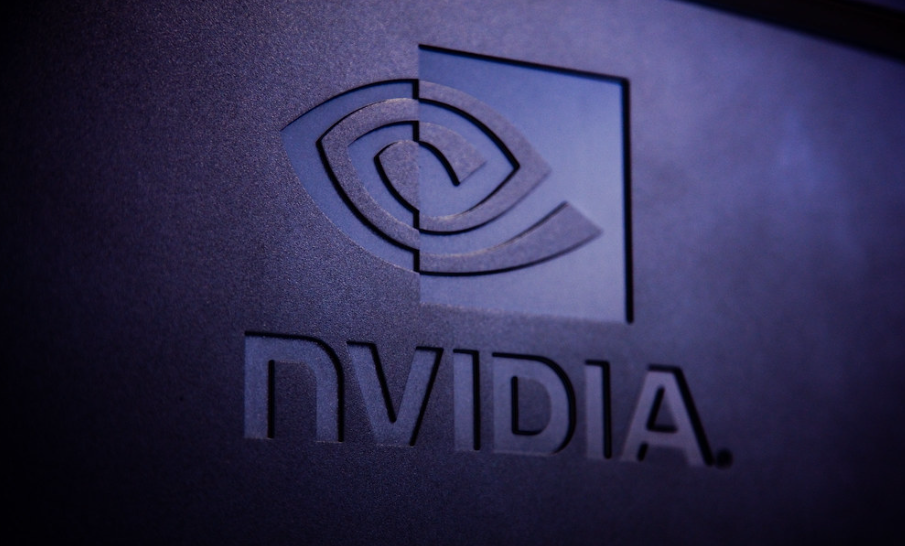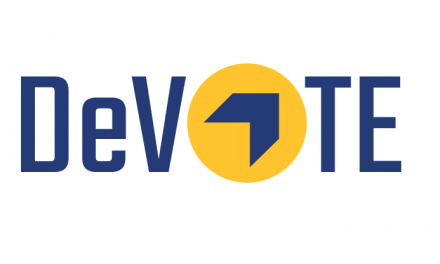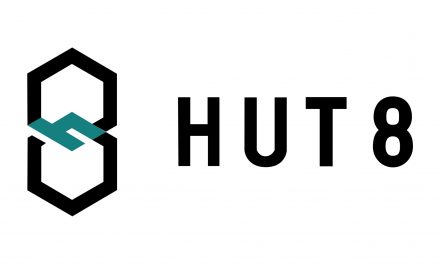Nvidia’s Grip Tightens, But AI Chip Market Isn’t Sealed Yet
The Iron Grip of Nvidia
In a landscape punctuated by technological giants, Nvidia’s towering presence in the realm of AI chip development seems to have cast a long shadow on hopeful competitors. Fresh reports suggest an 80% plunge in U.S. venture deals this quarter compared to the previous year, attributing this decline, at least in part, to Nvidia’s dominance.
Based in Santa Clara, California, Nvidia has carved out a niche in crafting chips optimized for handling vast volumes of language data. The intricacies of Generative AI entail that these models become progressively intelligent, honing their capabilities through a method known as training. However, as Nvidia continues to thrive in this segment, newcomers find the arena increasingly challenging. With the ascent of Nvidia, venture capitalists are growing wary, drawing back on hefty investments once doled out with optimism. The road from innovative chip design to a tangible prototype is paved with expenses, often exceeding a whopping $500 million, presenting a formidable obstacle for startups in a capital-constrained environment.
Greg Reichow from Eclipse Ventures remarks, “The lasting stronghold of Nvidia underscores the uphill battle in venturing into this territory.” He continues, “This reality is reflecting in the reluctance to invest in such enterprises, which, in many cases, are grappling for survival.”
A Glimpse into the Numbers
According to PitchBook’s latest figures, U.S. chip startups amassed $881.4 million up until August’s close. In contrast, the same duration in 2022 saw a more robust $1.79 billion being raised. This financial year has witnessed a staggering dip in the number of deals, dwindling from 23 to a mere four by August’s end.
Mythic, an AI chip startup with a total funding of around $160 million, teetered on the brink of cessation due to financial constraints last year. However, they subsequently secured a modest $13 million investment come March. Dave Rick, Mythic’s CEO, acknowledges Nvidia’s indirect role in the fundraising challenges, pinning hopes on investors seeking monumental returns on massive investments.
Rick also cites challenging economic conditions further exacerbating the inherent cyclical nature of the semiconductor industry. Meanwhile, a fledgling startup named Rivos, diving into chip designs for data servers, reportedly hit roadblocks in its fundraising journey, though a spokesperson remained optimistic.
Hope Beyond the Horizon
While financial hurdles loom large, a silver lining emerges for some. Several chip startups have managed to circumvent investor apprehension by showcasing prospective clientele or flaunting ties to industry stalwarts.
August saw Tenstorrent raising $100 million, propelled in part by its association with revered chip architect Jim Keller, who boasts design stints with giants like Apple, AMD, and Tesla. Similarly, D-Matrix recently garnered $110 million, its prospects brightened by endorsements from Microsoft.
However, it’s not all doom and gloom for startups operating on the peripheries of Nvidia’s domain. AI software enterprises and related ventures appear relatively unfazed, securing an impressive $24 billion this year, as per PitchBook.
Moreover, while Nvidia’s stronghold in AI computing is undeniable, industry insiders suggest it’s far from impenetrable. Rivals like AMD and Intel are emerging, hinting at viable alternatives in the future.
With the AI chip sector continually evolving, niches like chips optimized for data-intensive computing in predictive algorithms could potentially level the playing field, offering lucrative opportunities ripe for the picking.





